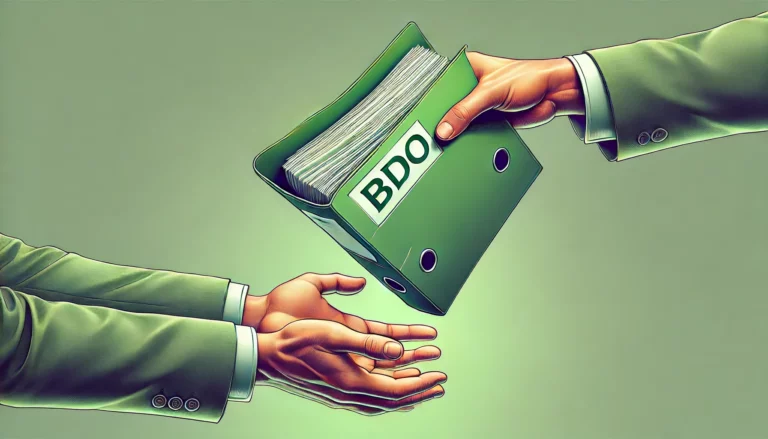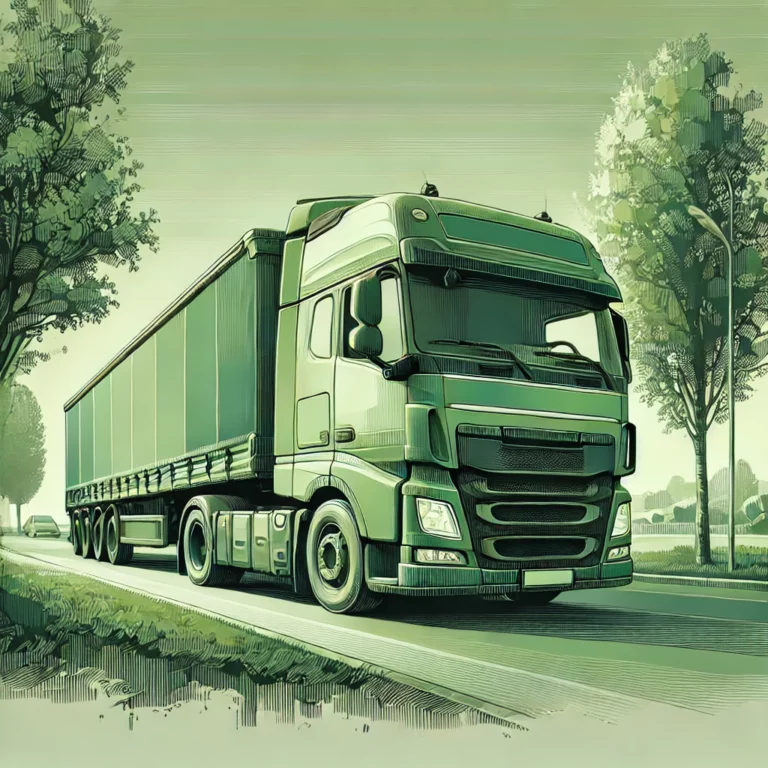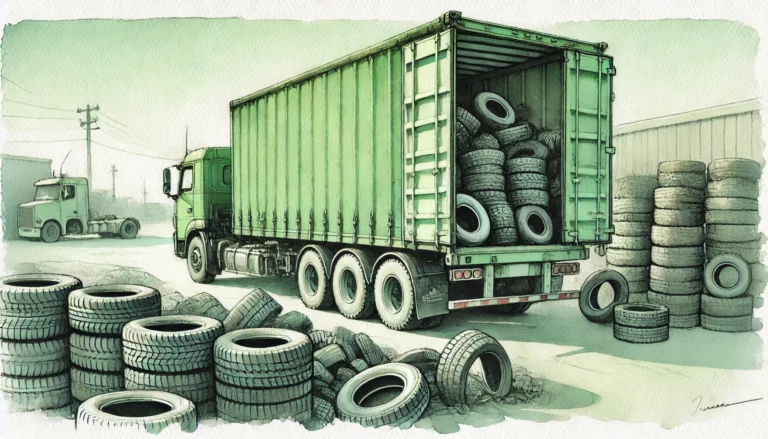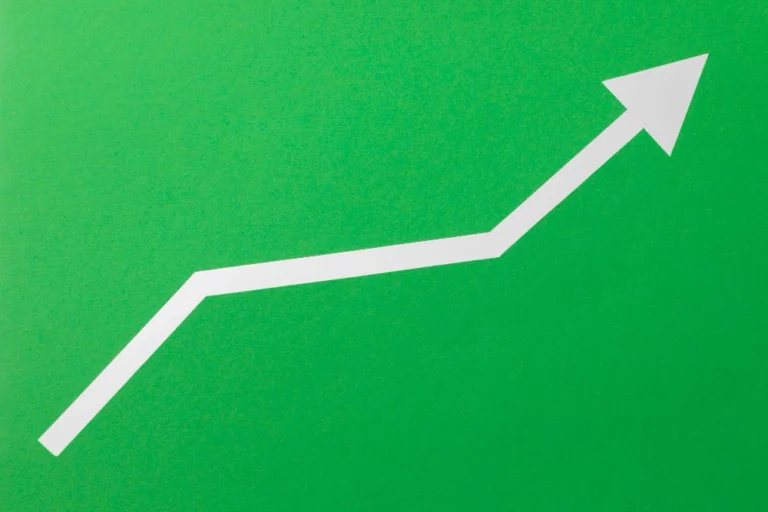What do you need to recycle waste paper?
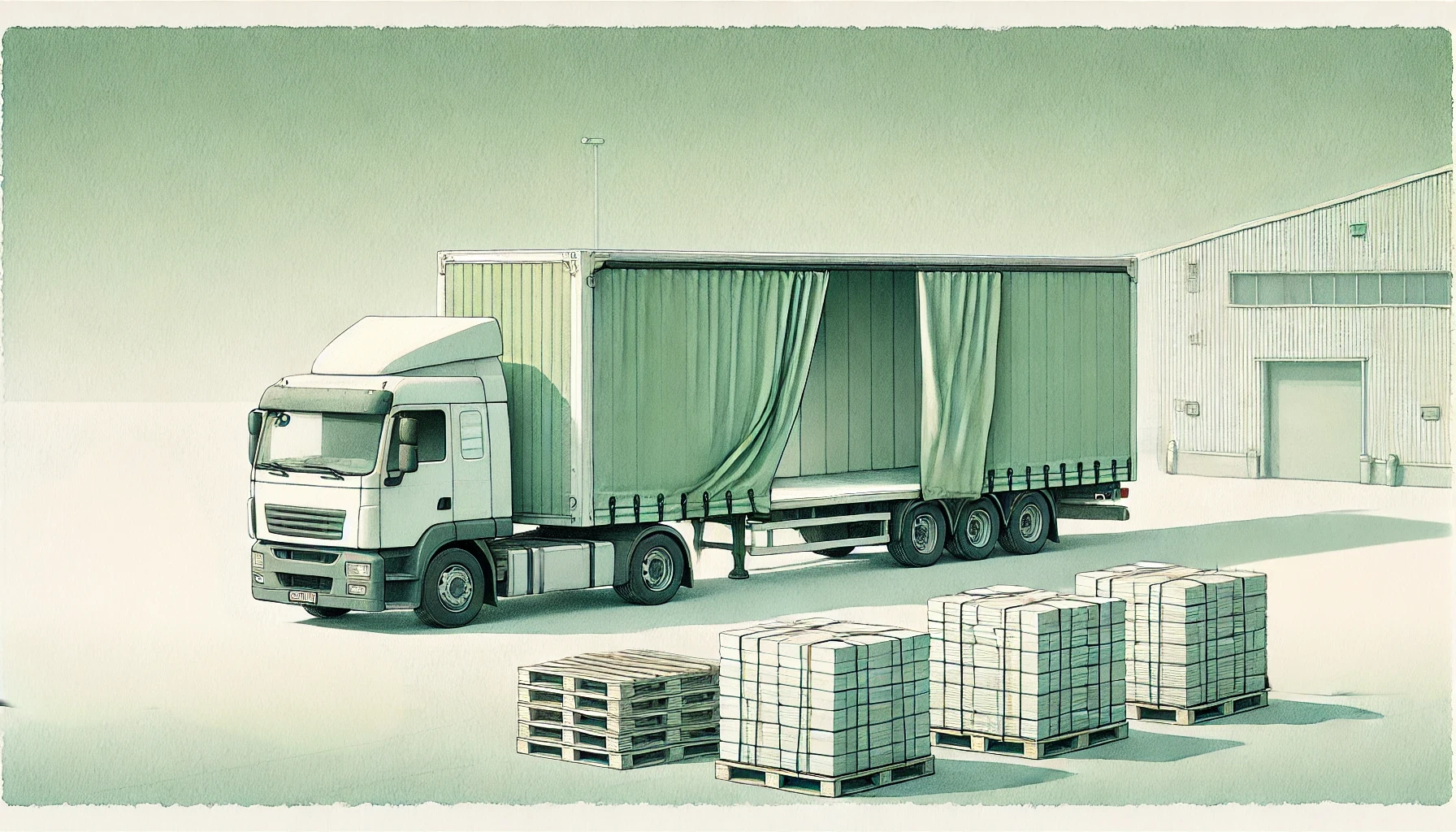
The situation is as follows: You have excess old documents, cardboard boxes in your company or you have generated paper waste as a result of your production activities. You want to recycle the waste paper in a responsible manner, so you look for a collector to take care of it. But the problem is that in the world of waste legislation, nothing happens 'just'. Even if you are donating 'just' plain paper, you are bound by specific requirements.
Need help organising the collection of waste paper or other waste?
Many entrepreneurs do not realise that the waste management obligation sometimes starts with small quantities. Missing one document can result not only in a refusal to collect, but also in an inspection and a financial penalty. Therefore, it is worth knowing how to carry out the entire process in accordance with the regulations - without unnecessary nerves and costs.
In this article, we explain exactly what to look out for in terms of documents and entitlements, related to the management of waste paper.
Waste paper management and recycling regulations in Poland
Waste paper management obligations stem from several key pieces of legislation:
- Law of 14 December 2012 on waste - the basic act governing the handling of waste, including recording and reporting obligations,
- Regulation of the Minister of Climate and Environment of 2 January 2020 on the waste catalogue - includes the classification of waste, including waste paper (codes 15 01 01, 20 01 01),
- Regulation of the Minister of the Environment on the detailed requirements for waste transport - concerns, inter alia, the carrier's obligation to hold the relevant documents.
On the basis of these regulations, entities donating waste paper are obliged to:
- having an entry in the BDO Register,
- the preparation of Waste Transfer Cards (WTP) and Waste Inventory Cards (WERC),
- the submission of annual reports on the quantity and management of waste.
Surrendering waste for management is only the beginning of the journey, at the end of which the waste becomes part of a new product or a source of energy. In order to make this process legal and efficient, the right set of documents must be prepared.
How to recycle waste paper - the necessary documents
(a) Waste Transfer Note (KPO)
- Who should stage it: entity producing/transferring waste paper.
- How: only electronically via the BDO system.
- What it must include:
- details of the sender and recipient,
- waste code (e.g. 15 01 01),
- the weight of the waste,
- date and place of handover,
- details of the carrier and means of transport,
- confirmation of receipt by the recipient.
- Why it matters: The document is the basis for the records and proof of the legality of the waste transfer.
b) Agreement with waste collector - recommended and most important
The waste generator should manage its own waste under the legislation, although it can also contract this out to another entity. How? He must conclude an appropriate contract with him. But who can be party to this contract? A recycler, a waste collector or a waste broker. However, whoever is entrusted with the task of dealing with the waste, the requirements that such an entity will have to fulfil must be taken into account. This issue is described in Article 27 of the Waste Act referred to above. Paragraph 1 therein indicates:
The waste producer or other waste holder may have the following carried out
waste management obligations only to entities that have:
(1) a waste collection permit or a waste treatment permit, or
(2) concession for underground storage of waste, integrated permit,
a decision approving the extraction waste management programme,
extraction waste facility authorisation
or entry in the register of regulated waste collection activities
municipal waste from property owners - on the basis of separate
regulations, or
(3) entry in the register within the scope referred to in Article 50(1)(5)
- unless such activities do not require a decision or registration.
The agreement we are referring to can take the form of:
- a waste management contract, or
- waste transfer agreements for recovery/recycling,
- It can also take the form of a framework agreement with batch-specific annexes.
IMPORTANT! The contract with the recipient is a key documentary evidence - especially when inspected by the Environmental Inspectorate - that the waste went to an authorised operator who:
- has a waste collection/processing decision,
- is entered in the BDO,
- keeps records in accordance with the regulations.
c) Contract with waste carrier - optional, but often used
If you outsource waste transport (e.g. not to the consignee, but to a separate carrier), then it is worthwhile or even necessary:
- conclude a contract for waste transport,
- ensure that the haulier is registered in Section VII of the BDO register (transport of waste),
- ensure that the haulier's details entered in the NPO (vehicle registration number, haulier's BDO number, etc.) are correct. This is because sometimes companies forget to update their data, which can cause them many problems later on.
d) Confirmation of BDO entry
It is impossible to issue a KPO without an entry in the BDO Register, as everything begins and ends with it.
- To whom it applies:
- transferor,
- carriers,
- recipients.
- Scopes of activity:
- Division IV: waste treatment and recycling operators,
- Section VII: waste transporters,
- Division XII: for waste producers
- Directions:
- check the validity of the entity's entry,
- ensure that the scope of its activities covers a specific waste code
(e) Additional documents
- Transport licence: required for companies carrying out road haulage.
- Waste treatment permit: required at the recipient (recycler).
- Partner verification: each participant should check the others to ensure that they are in BDO and have the necessary authorisations, as verbal assurances alone are not enough. Waste management must be transparent and easily verifiable.
Most common mistakes
- Incorrect waste code: Many traders mislabel the paper waste code. However, this leads to inadequate record-keeping and potential sanctions. Waste catalogue points to three possible options:
15 01 01 Paper and cardboard packaging
19 12 01 Paper and cardboard
20 01 01 Paper and cardboard
- Failure to update entry in BDO: It is necessary to update the data in BDO after an expansion of activities, a change of location or new types of waste.
- Lack of entitlement with the consignee or carrier: This is because it happens that waste is sent to entities that do not have the required permits. In the event of an inspection, everyone is liable - jointly and severally.
- Illegible or incomplete KPO: Errors in the data of participants in a waste shipment, inaccurate quantity information - all these can invalidate the document.
- No contract or poorly worded terms and conditions: Lack of liability provisions for waste can result in problems in the event of environmental damage.
3 things to remember
- Ensure documentation is correct - is a guarantee of legality and security.
- Always issue a KPO - is a mandatory document.
- Check entries in BDO - both yours and the other participants in the operation.
Ecologistyka24 - Your partner in waste management
Waste management can be complicated and problematic. We have been assisting companies with their waste authorisations for more than a decade, so to meet customer demand we have decided to extend our services to also include comprehensive assistance with the management of various types of waste. Your documents are in order but you cannot find a reliable carrier? Are you looking for a legal recipient for your waste? Contact us.
Frequently Asked Questions (FAQ)
Yes - if you donate waste paper without setting up a business, as an individual (e.g. by cleaning your home) or you are a small business and only generate municipal waste (such as waste paper, office paper), you do not need to be on the BDO Register or keep records.
No, a private individual (non-business individual) does not need a Waste Transfer Note (KPO) if they want to recycle waste. A KPO is a document only required for the circulation of waste between entities registered in the BDO register. If, on the other hand, an individual actually carries out a business activity, even informally (as a result of an unregistered activity), then the BDO and KPO provisions may cover it.
They must be kept for at least five years after the end of the year to which they relate.
Yes. If the scope of waste activities changes - e.g. the generation of a new type of waste starts - the entry in the BDO must be updated.
Yes. The obligation to register with BDO and to keep records applies to the waste generator. Even if the waste goes to a legal recycler, failure to register with BDO or to issue a KPO exposes the company to administrative penalties of up to PLN 1 million or fines in criminal proceedings.
Any waste collector or processor must be registered in the BDO Register, as verification can be done on the official BDO Register website. In addition, it is a good idea to ask for a copy of the decision to collect or process waste and confirmation of the current registration with BDO.
Yes. Recyclers often refuse to accept batches of waste paper that contain contaminants - such as plastic, film, metals, glass or food scraps. This can also affect the price or the need for a surcharge for waste that is difficult to process.
No, because each waste code relates to a specific type of material. This is because combining codes can result in errors in records and reporting. Waste should be assigned according to its source and characteristics.


